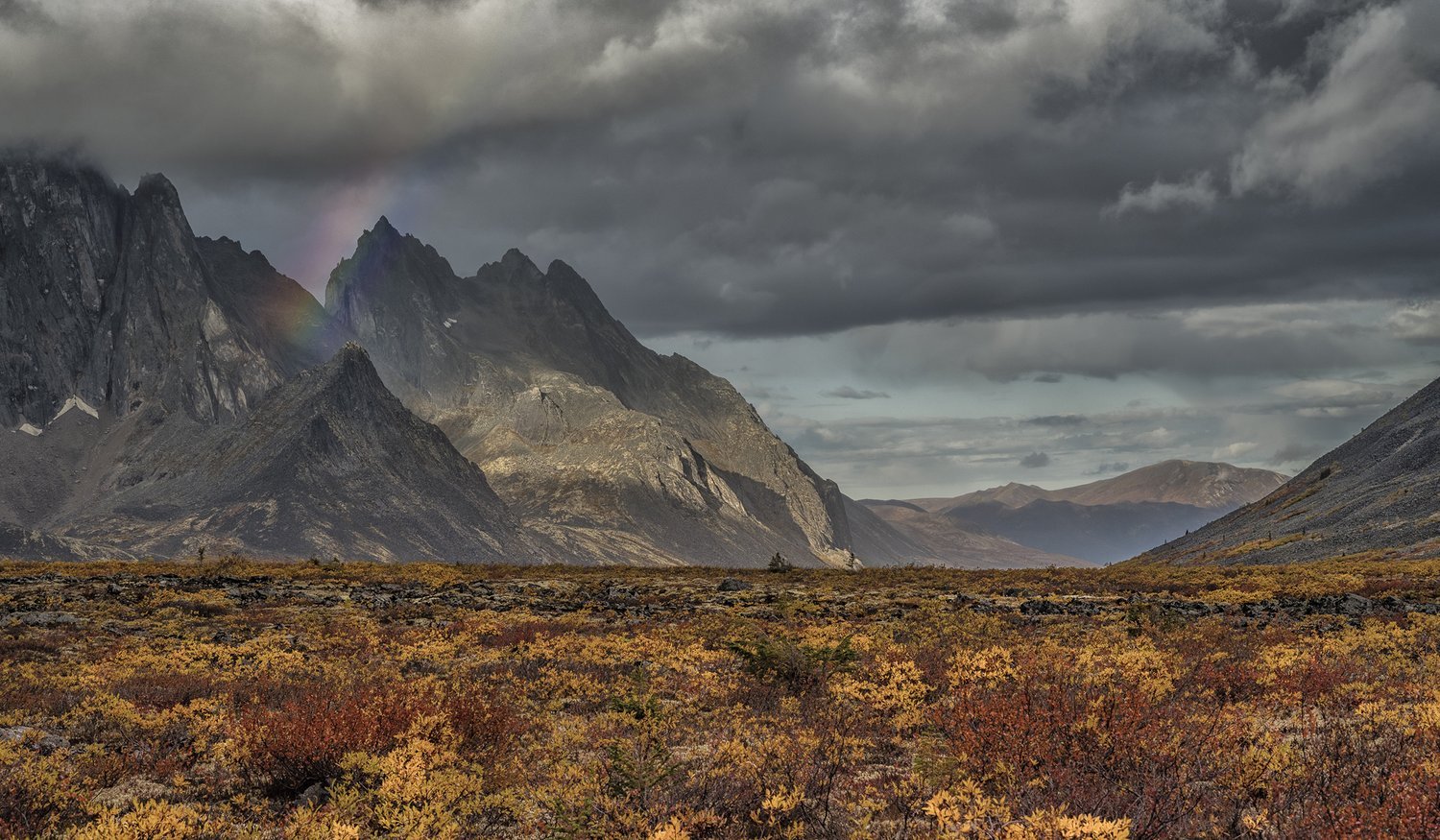Ten Tips To Take Better Landscape Photographs
Here are ten tips for landscape photographers to enhance their skills and capture more stunning images:
Scout Locations: Repetition is A Key To Success!!! Spend time researching and exploring potential shooting locations. Visit spots during different times of the day and seasons to understand the light and atmosphere.
Consider the Golden Hours: The hours around sunrise and sunset (golden hours) offer beautiful, soft light that can transform landscapes. Plan your shoots around these times for more captivating photos.
Use a Tripod: A sturdy tripod is essential for landscape photography, especially in low-light conditions. It helps stabilize your camera, allowing for longer exposures and sharper images.
Compose Carefully: Pay attention to composition. Use techniques like the rule of thirds, leading lines, and framing to create visually compelling images. Experiment with foreground interest to add depth to your photos.
Understand Depth of Field: Control your depth of field to emphasize the subject and create a sense of depth in your landscapes. Use smaller apertures (higher f-stop numbers) for a larger depth of field. I generally use an f-stop between f11 and f16.
Use Filters: Consider using graduated neutral density filters or polarizers to manage exposure and enhance colours of your scenes. These tools can help balance the exposure between the brighter sky and the darker foregrounds.
Experiment with Long Exposures: Try long exposures to capture movement in water or clouds. This technique can add drama and a sense of calmness to your landscapes.
Pay Attention to Weather: Don't let bad weather stop you from going out. Weather conditions significantly impact landscape photography. Dramatic skies, fog, rain, or snow can add mood and interest to your images. Be prepared to shoot in various conditions.
Capture Unique Perspectives: Don’t be afraid to explore different angles and viewpoints. Sometimes, the most interesting landscapes are captured from less conventional perspectives.
Post-Processing Skills: Learn basic post-processing techniques to enhance your images. Adjusting exposure, contrast, and colour balance can bring out the best in your landscapes while maintaining a natural look.
Remember, practice and patience are essential in landscape photography. Continuously strive to improve your skills and develop your unique style.
Happy Shooting

